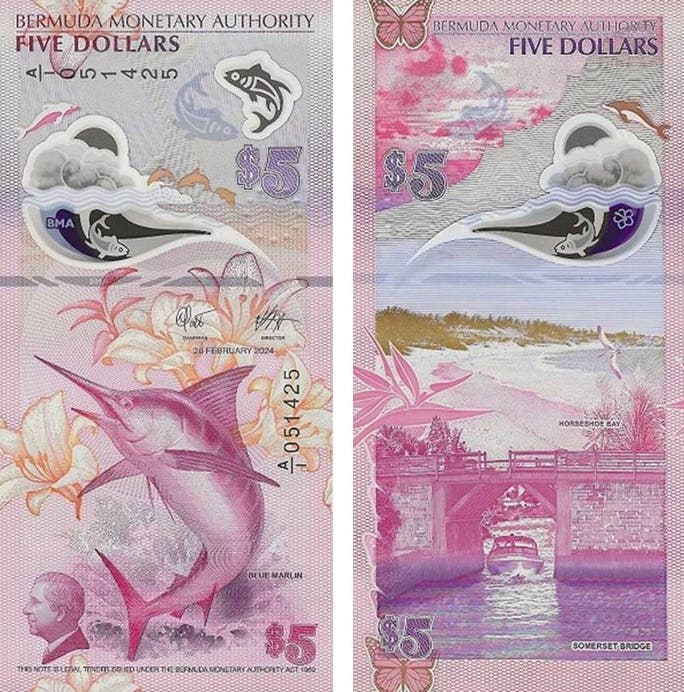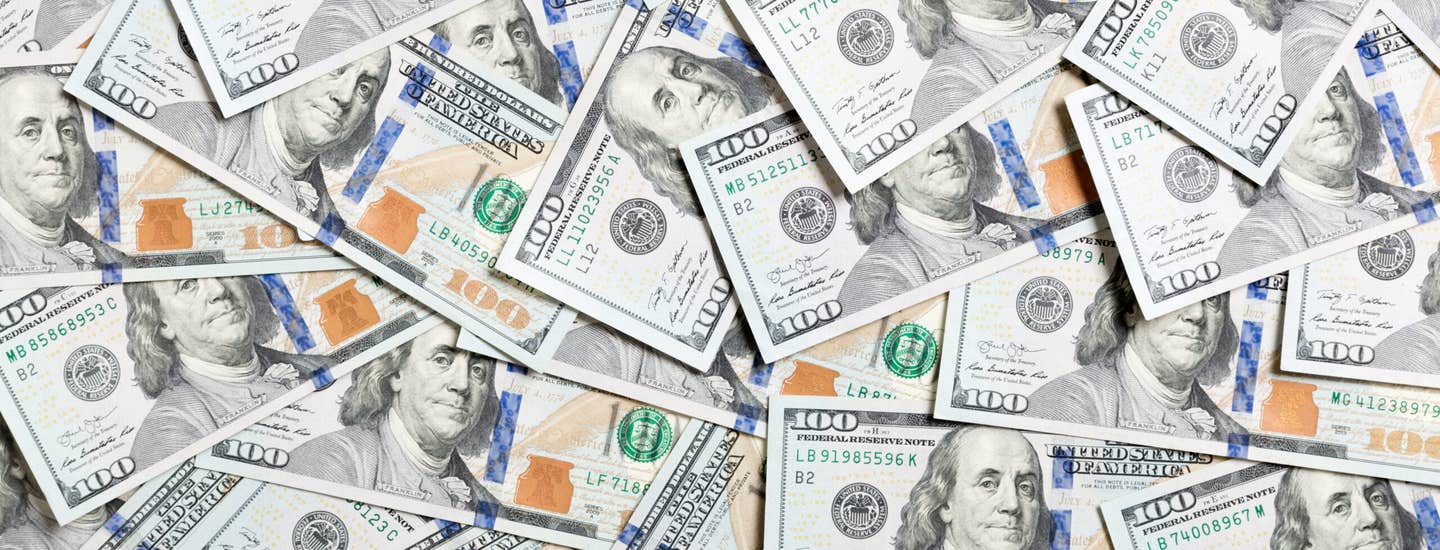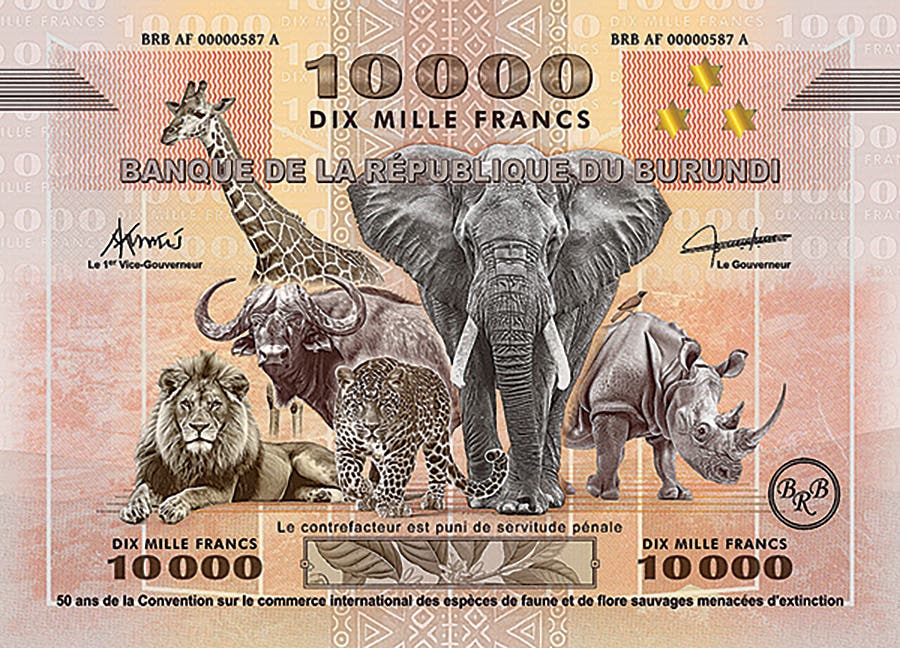Coins, bank notes or virtual money?
By Richard Giedroyc Fiat money began replacing specie during the early 20th century when the world stopped using gold coins in circulation. By the 1960s the process was complete. Circulating…
By Richard Giedroyc
Fiat money began replacing specie during the early 20th century when the world stopped using gold coins in circulation. By the 1960s the process was complete. Circulating silver coins were replaced by those composed of base metal. Bank notes were no longer certificates backed by something of value by the government of issue.
During the late 20th and into the early 21st century various forms of electronic payments have been introduced. Today it appears that even debit and credit cards may become passé due to ways to transact payments using telephonic devices and other computer generated technologies.
The other shoe hasn’t dropped yet, but if Rolf Bofinger, the top economic adviser to the German government has his way that second shoe is on the way to the ground. Bofinger is also an economics professor at the University of Würzburg.
The May 18 issue of the German newspaper Deutsche Welle summarized Bofinger’s view of physical currency nicely, saying: “…money is ultimately nothing more than points in a score-keeping system for credits and debts maintained by the banking system.”
In Bofinger’s view our fiat money system has reached the point where money is nothing more than numbers used for score keeping! As the newspaper article puts it, “So why bother with cash, now that virtually everyone has mobile phones and debit cards? Would it not be far more efficient to scrap all that paper money and have a fully electronic payment system instead?”
The May 17 issue of the online publication The Coin Telegraph quoted Bofinger as saying, “In today’s technical possibilities, coins and [bank] notes are in fact an anachronism. Just remember how much time is wasted everyday searching for spare change or waiting for the cashier.”
Much to the relief of Germans and German coin collectors Bofinger is the only proponent of Keynesian economic theory on the German Council of Economic Experts. There are countries around the world that are moving towards a cashless society, but Germany isn’t one of them. The Canadian banking group Pacnet Services recently described Germany as “one of the worldwide leaders in B2C e-commerce sales, ranked fifth place internationally.” In other words, German’s prefer to use cash rather than even debit and credit cards.
Germany’s central bank, the Deutsche Bundesbank, reported that during 2014 about 79 percent of individual transactions were still being made in cash. Carl-Ludwig Thiele, a central bank board member, said there are currently no restrictions planned for the use of bank notes. He did not name coins specifically, but there are denominations as high as 1 and 2 euro (about $1.10 and $2.20US respectfully) in circulation.
Bofinger may have his finger on the latest technologies, but he’s in the wrong country to see these technologies adopted in the near future. The reason his views are getting attention is he presented them at the recent G7 summit meeting in Bavaria, where the concept was given worldwide scrutiny. His opinion resonates due to its timing to a recent central bank of Denmark’s announcement bank note production in that country will cease by 2016.
In Germany many retailers still insist on cash payments only. The Danish central bank or National Banken determined the use of credit and debit cards, digital currency, e-wallets, and mobile payment platforms has increased so quickly that any bank notes needed to replenish supplies in the future will be outsourced to privately owned security printing companies.
Belgium, a European Union common currency union member, is also considering a change to virtual rather than physical cash. Economist Konstantin Gurdgiev recently said, “It’s a global trend in the sense the central banks around the world, especially in Europe, not just in Denmark, but also in Ireland, for example. Austria [and] Belgium have been trying for a number of years to shift the economies or convert the economies away from using physical cash in transactions and using paper in transactions to electronic payments.”
Despite all this Der Spiegel magazine warned, “The elimination of cash will not solve our problems.”
German economist Lars Feld, who lives in Freiburg, referred to bank notes as “printed freedom,” warning of what might happen to electronic wealth in a country where there would be a need for “an escape from all-out state control.”
Readers may be concerned because of the impact on future coin collecting, but what would happen to your wealth in a cashless society with a dictatorship for a government? How quickly we forget the communist attempt to seize all gold from citizens in the Soviet Union during the late 1920s and into the 1930s—and elsewhere. In a cashless society it would be easy for a government to seize someone’s wealth with the push of a button.
This article was originally printed in World Coin News.
>> Subscribe today or get your >> Digital Subscription
• The Standard Catalog of United States Paper Money is the only annual guide that provides complete coverage of U.S. currency with today’s market prices.








